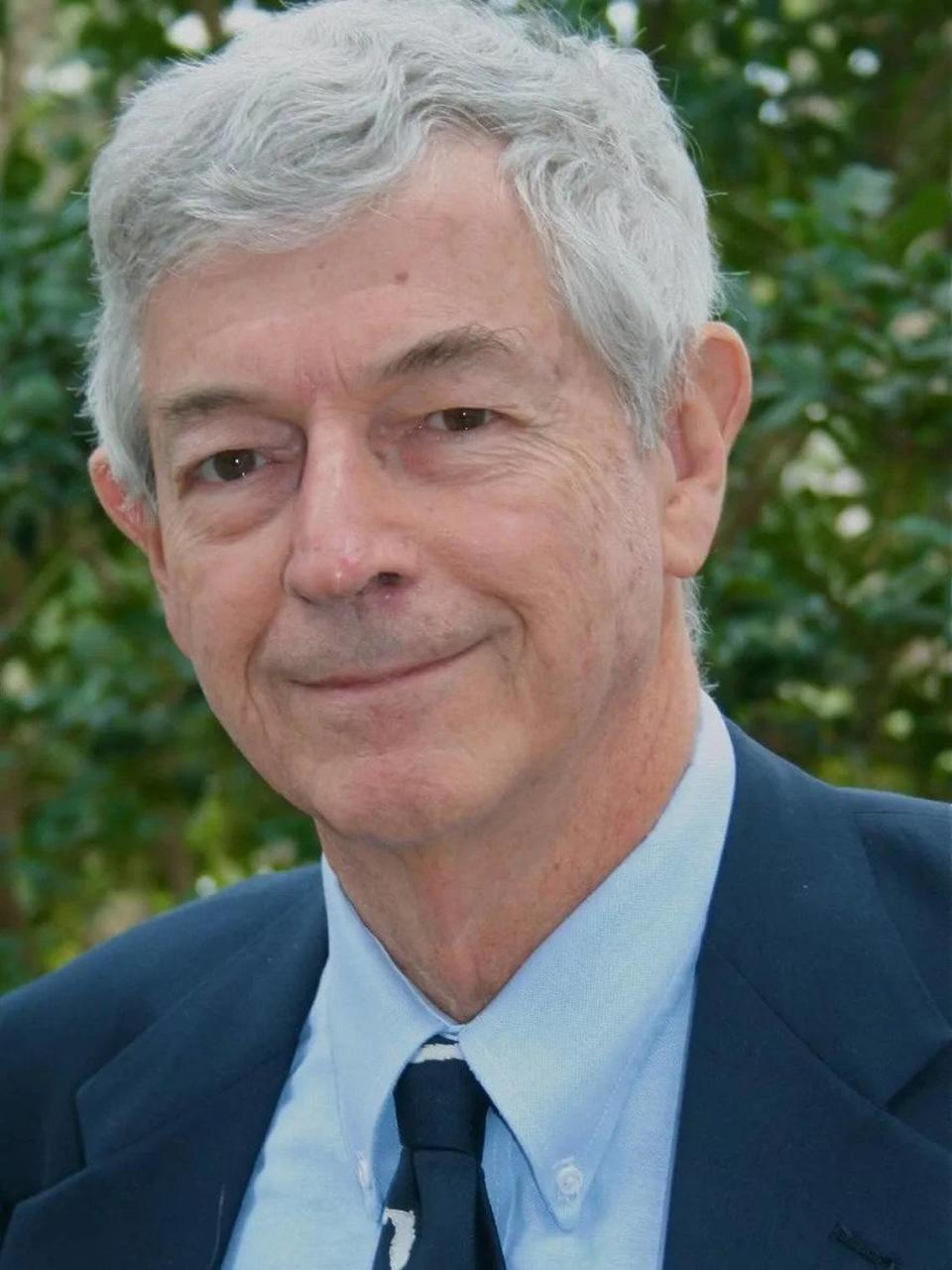Sens. Ed Markey and Ted Cruz team up to save AM radio — and take on Elon Musk | Opinion
Washington recently saw the emergence of what may well be the unlikeliest alliance since the politically tense marriage of President Trump’s former spin doctor, Kellyanne “Alternative Facts” Conway, and her soon-to-be ex-husband, the relentless Trump critic and Lincoln Project co-founder, George Conway.
The new duo consists of an affable Irish-American Democrat, Sen. Edward Markey, from deep blue Massachusetts, and a famously abrasive Cuban-American Republican, Sen. Ted Cruz from the deep red Republic of Texas.
Who’s brought them together? Elon Musk. They’re leading a bipartisan crusade to keep auto manufacturers from eliminating AM radio from their vehicles, including the Tesla.
Sure, there would still be many other options for motorists seeking audible diversions while they’re stuck in rush-hour traffic or to ward off boredom on long trips to “DeSantis World.”
Most cities have dozens of FM stations. Moreover, for motorists who wish to avoid the commercial stations’ ad clutter and the NPR affiliates’ pleas for donations, there’s satellite radio. It offers a wide array of ad-free formats and uncensored talk.
Still other motorists nowadays link their vehicles’ audio devices to the music stored on their phones’ playlists. Others choose from among the roughly 5 million podcasts available.
So, why the big fuss about losing AM radio? The dynamic duo explained in a jointly bylined op-ed posted on the website of the Fox News Channel, where Cruz is a frequent visitor.
The perceived problem arose when seven manufacturers removed AM radio from their electric vehicles. It’s a trend that, unless blocked by legislation, could expand, especially if the nation’s ill-advised rush toward EVs continues.
The best argument in the senators’ op-ed is that AM stations “serve a critical role in our Emergency Alert System.” However, it’s the duo’s second rationale that may explain the support of conservatives who often criticize government when it “picks winners and losers instead of letting the free market decide.” It seems that AM stations were a major factor in the success of the late Rush Limbaugh and other conservative talk-show hosts. They still are.
Then there’s the money. Unstated in the op-ed is the fact that, for many radio stations, their peak audiences — and highest rates for ads — coincide with the morning and evening rush hours.
To banish AM radio from vehicles would deprive the stations of important revenue and could even cause some to cease broadcasting. That’s problematic, because there are still a few rural areas where the local AM stations are the only stations.
Meanwhile, for some nostalgic Americans, the loss of AM radio may bring to mind Joni Mitchell’s lyrics in 1970’s “Big Yellow Taxi:” “Don’t it always seem to go that you don’t know what you’ve got till it’s gone.”
She was singing about the environment, but lamenting the loss of familiar features that are disappearing from Americans’ everyday lives could easily extend further and certainly include AM radio.
In fact, as many of today’s elders may recall, there was a time up through the 1940s when network radio was America’s only mass medium with a national reach.
Then in the 1950s, when TV was gradually upstaging radio, there was a period when AM stations featuring rock ‘n’ roll totally dominated the airwaves in many cities, sometimes amassing nearly half of a media market’s listeners.
That era was beautifully described in the 2007 book “Something in the Air” by Washington Post columnist and former Miami Herald reporter Marc Fisher. Fisher also noted that this format’s success conferred a lot of economic power on the deejays, whose choices of music heavily impacted recordings’ sales.
Unfortunately, this eventually led to a series of scandals that came to a head in 1959 — in Miami Beach, of all places — and remains a blot on the history of AM radio.
As Fisher explains, “The Americana Hotel in Miami Beach was the setting for a bacchanalia for twenty-five hundred deejays, with free bottles of liquor and prostitutes on call all night long.
“But the deejays convention ended with an expose in the Miami Herald headlined ‘Booze, Broads, and Bribes.’ ” A congressional investigation of payola and other abuses soon followed.
The end game for AM radio’s heyday came about a decade later, in the early 1970s. Fisher points to the legendary New York City deejay George Michael’s decision to quit spinning records and move on to sports as a turning point.
Why did he quit? Because “the music that had served through most of his career to unite was now being used to divide audiences by age, sex, class and race.”
In other words, by catering to narrow demographic groups, radio had become a lot like today’s TV, where a proliferation of niche programming divides rather than brings together a nation now in dire need of some unity — a problem that the ad hoc alliance of Ed and Ted isn’t going to fix.



